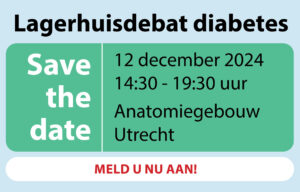Hypertriglyceridemia (HTG) is common in patients with diabetes, and statins remain the first-line therapy. However, the proportion of patients with diabetes having elevated triglycerides (TGs) on statin treatment and their atherosclerotic cardiovascular disease (ASCVD) risk has not been described. We quantified the prevalence of HTG in U.S. adults with diabetes currently treated versus not treated with statins and the estimated 10-year ASCVD risk.
Among 1,448 U.S. adults aged 20 years and over with diabetes (projected to 24.4 million) in the 2007–2014 National Health and Nutrition Examination Survey (NHANES), we compared the prevalence of borderline HTG (TG 150–199 mg/dL) and HTG (TG ≥200 mg/dL) by statin use and LDL cholesterol (LDL-C) levels, and we used logistic regression to identify risk factors for HTG. We also estimated the 10-year ASCVD risk in those without prior ASCVD.
The prevalence of borderline HTG and HTG was 20.0% and 19.5%, respectively, in statin users and 20.1% and 25.3%, respectively, in nonstatin users (P < 0.0001). Even among statin users with LDL-C <70 mg/dL, borderline HTG prevalence was 16.8% and HTG prevalence was 16.7%. Approximately 77.5% of those with HTG had an estimated 10-year ASCVD risk of ≥7.5%, with almost 40% of statin users having ASCVD risk ≥20%.
Residual HTG occurs in over one-fifth (~5.5 million) of U.S. adults with diabetes, including those on statin therapy and with well-controlled LDL-C. Over three-quarters of adults with diabetes with HTG are at moderate or high 10-year risk for ASCVD. Greater efforts are needed to promote lifestyle and pharmacologic means to address residual HTG.


